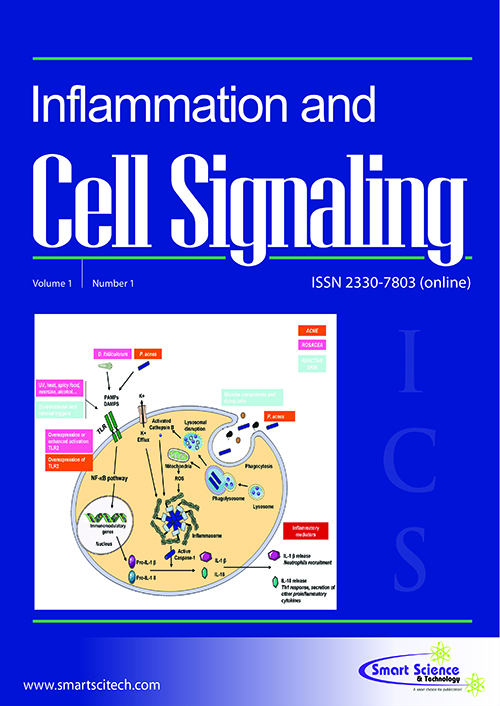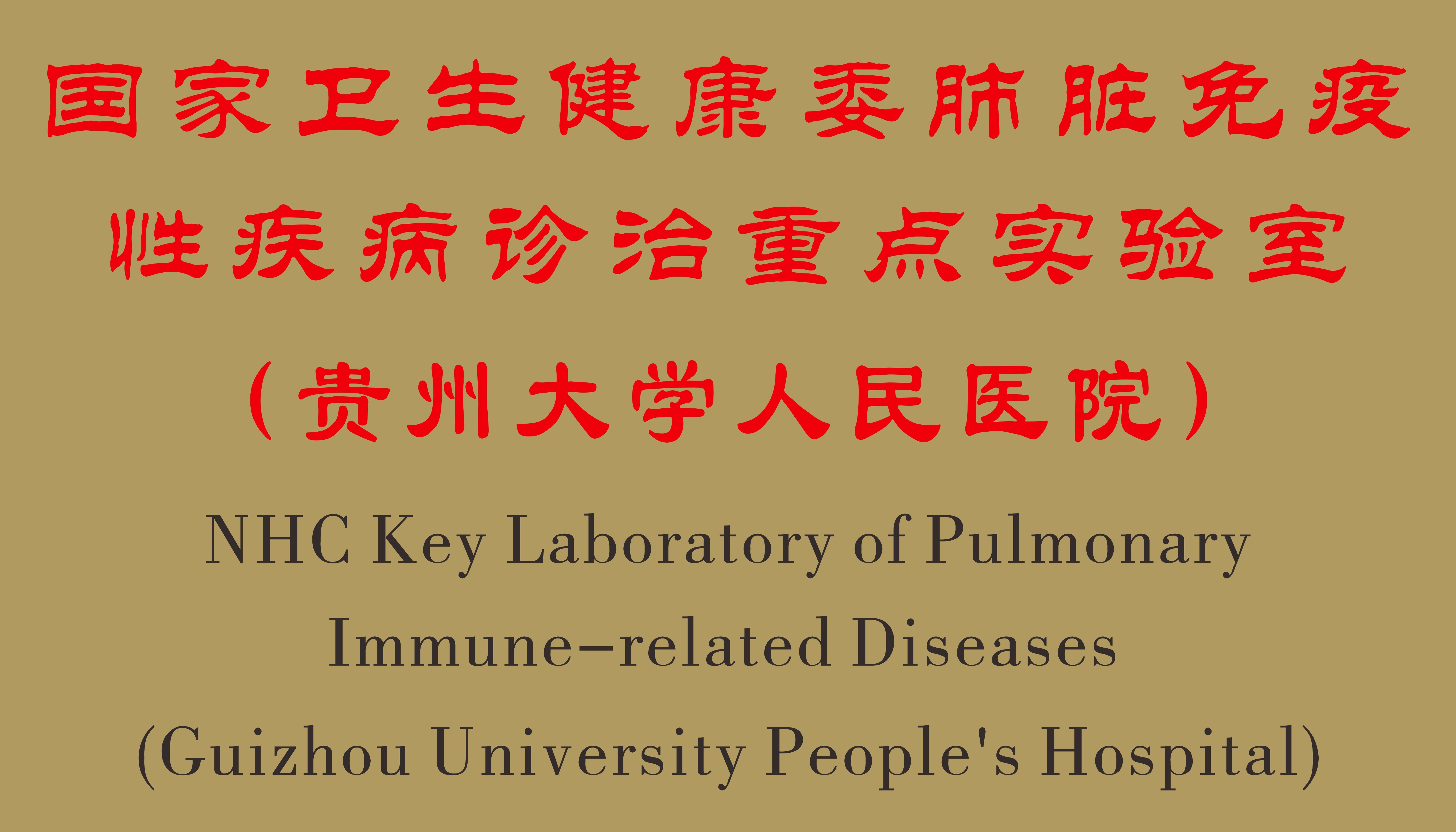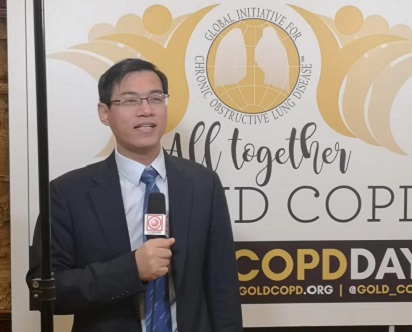Vitellogenin in inflammation and immunity in social insects
DOI: 10.14800/ics.1506
Abstract
Social insects, such as the honey bee and ants, form vast colonies that are only rivalled by human settlements. Living in dense, often stationary groups is prone to increase disease transmission. Yet, social insect queens and certain worker types can lead lengthy lives compared to the life span of most solitary insects. Social insects appear to have modified insulin/insulin like signaling pathway that regulates insect life history. This modification results in extremely elevated levels of the multifunctional lipoprotein vitellogenin in the individuals with longer life span. Vitellogenin is an egg-yolk precursor, but it also regulates caste-related behaviors in social insects, has shielding effects in inflammation and infection, and it is a mediator of transgenerational immunity. Here, we compile what is known about the life span and immune actions of vitellogenin and the evolution of this protein in the honey bee and ants. Recently we identified proteins homologous to vitellogenin in several Hymenopteran species, and showed that at least one of these vitellogenin-like proteins can have a protective role similar to vitellogenin in the honey bee. The newly identified vitellogenin homologs hint that the regulation of social insect life span can be more complex than thought before.














